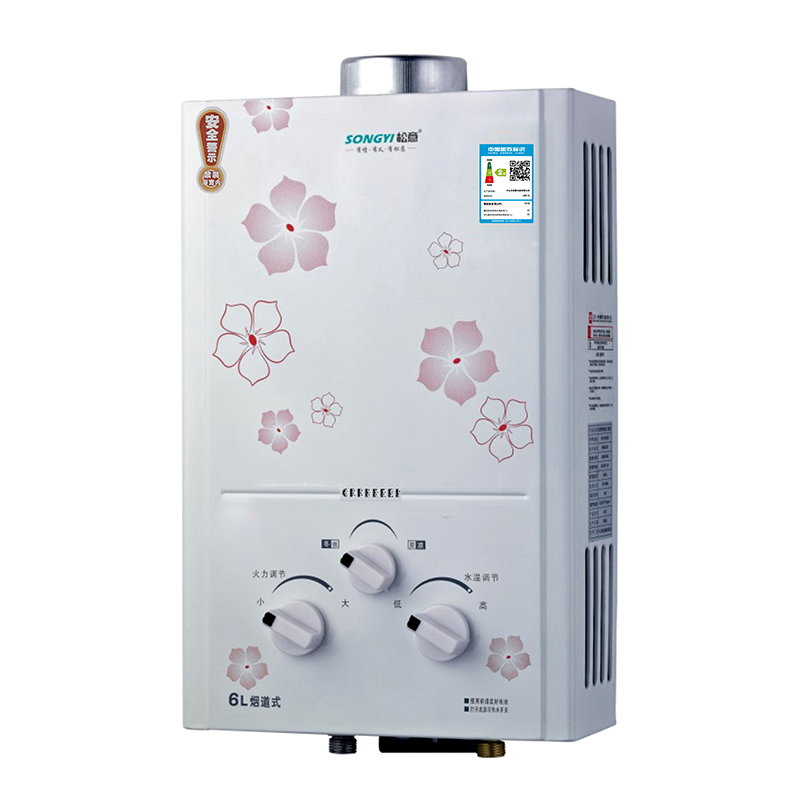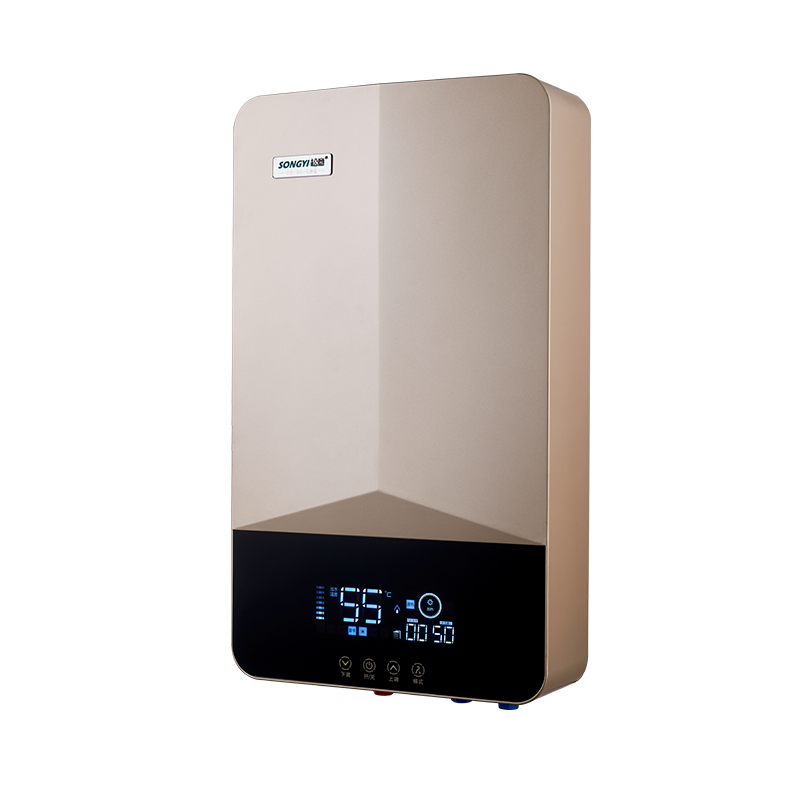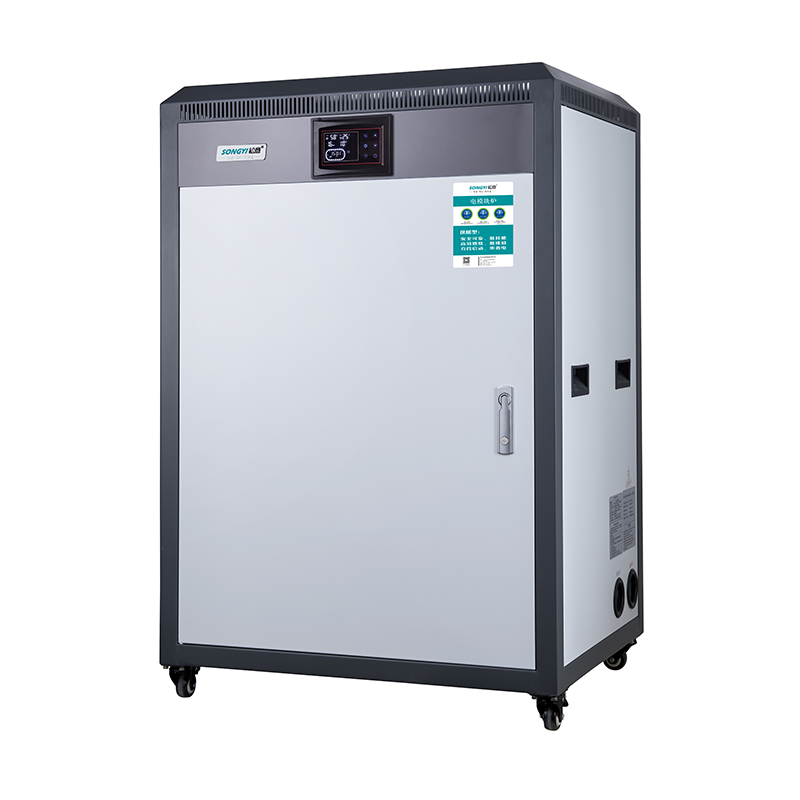
Looking for a cost-effective and reliable solution to meet your hot water needs? Look no further than the Electric Hot Water Heater Boiler! At Water Heater Boiler, we offer a range of electric boilers designed to provide efficient heating while keeping energy costs low. Whether you are upgrading your home’s water heating system or installing a new one, our electric hot water heater boilers ensure you enjoy instant hot water with minimal energy consumption.
Our electric hot water heater boiler are built with advanced technology that maximizes energy efficiency, helping you save on utility bills. With features like quick heating, compact designs, and easy installation, they are perfect for both residential and commercial use. They require less maintenance than traditional systems, making them a hassle-free choice for homeowners.
Electric Hot Water Heater Boiler: Efficient and Affordable
In this detailed guide, we will explore everything you need to know about electric hot water heater boilers, including their benefits, installation process, maintenance tips, and how they compare to traditional water heating systems.
What is an Electric Hot Water Heater Boiler?
An electric hot water heater boiler is a type of water heating system that uses electricity to heat water for domestic or commercial use. Unlike gas-powered boilers, which rely on burning natural gas or propane, electric boilers use electrical resistance to generate heat. The heating element inside the boiler heats the water, and it is then stored in a tank or directly pumped into the plumbing system, depending on the type of electric boiler installed.
Key Benefits of Electric Hot Water Heater Boilers
1. Energy Efficiency
One of the primary reasons electric hot water heater boilers are becoming increasingly popular is their energy efficiency. Electric boilers convert nearly 100% of the electrical energy into heat, which means very little energy is wasted during the heating process. In comparison, gas-powered boilers can lose some energy through exhaust gases, making electric boilers a more efficient choice.
With the constant rise in energy prices, the efficiency of an electric water heater boiler can help reduce overall utility bills. While electricity might be more expensive than gas in some areas, the lower maintenance costs and higher efficiency of electric boilers can still make them more cost-effective in the long run.
2. Lower Initial and Maintenance Costs
Electric boilers are typically less expensive to install than gas or oil-powered systems. There is no need for a gas supply line or a flue for venting exhaust gases, which makes them a simpler and cheaper installation option. Additionally, electric boilers have fewer moving parts than gas-powered systems, which means less wear and tear over time. This translates to reduced maintenance costs and fewer repairs, making electric hot water heater boilers a reliable and affordable option for long-term use.
3. Compact Design and Space Saving
Electric hot water heater boilers are known for their compact design, which allows them to fit into smaller spaces. Unlike traditional water heating systems, which often require bulky storage tanks and extensive piping, electric boilers can be installed in tight spaces, making them ideal for apartments, small homes, or properties with limited installation areas. Their smaller size also reduces the amount of space needed for installation, making them an excellent choice for both new constructions and renovation projects.
4. Environmentally Friendly
Electric hot water heater boilers are environmentally friendly when compared to fossil fuel-powered systems. They produce no direct emissions, unlike gas or oil-powered boilers, which release carbon dioxide and other greenhouse gases into the atmosphere. Furthermore, the environmental impact of electric boilers can be significantly reduced if the electricity is sourced from renewable energy providers, making electric hot water heater boilers an eco-conscious option for those looking to reduce their carbon footprint.
5. Quiet Operation
Another advantage of electric boilers is their quiet operation. Unlike gas boilers, which can produce loud noises from burners and exhaust fans, electric boilers run quietly, making them ideal for homes or businesses where noise reduction is important. This can create a more peaceful and comfortable environment, particularly in living spaces or areas where people work.
6. Safety and Reliability
Electric hot water heater boilers are safer than their gas-powered counterparts. Since there is no combustion involved, the risk of gas leaks, explosions, or carbon monoxide poisoning is eliminated. This makes electric boilers a reliable choice, particularly for homes with children, elderly individuals, or tenants.
Types of Electric Hot Water Heater Boilers
Electric hot water heater boilers come in various types to suit different needs and preferences. The main types include:
1. Tankless Electric Water Heater Boilers
Also known as on-demand water heaters, tankless electric water heater boilers heat water only when needed. This means they do not require a storage tank and offer a continuous supply of hot water, making them ideal for larger households or businesses that use significant amounts of hot water. Tankless systems are more energy-efficient because they eliminate standby heat loss, which occurs in traditional storage tank heaters.
However, it’s worth noting that tankless systems have a limited flow rate, meaning that they can struggle to meet the demand for hot water when multiple fixtures are in use simultaneously. Therefore, choosing the right size and capacity is essential.
2. Storage Tank Electric Water Heater Boilers
Storage tank electric water heater boilers, also known as conventional water heaters, store a large amount of hot water in a tank that is kept heated and ready for use. These systems are generally more affordable than tankless units and can provide a consistent supply of hot water. The main downside of a storage tank system is that once the stored hot water is used up, it takes time for the tank to refill and heat the water again, which could result in temporary shortages of hot water.
3. Heat Pump Electric Water Heater Boilers
A heat pump electric water heater uses electricity to move heat from the air or ground into the water tank. This method of heating is much more energy-efficient than traditional electric resistance heaters, as it doesn’t generate heat directly but instead transfers it. Heat pump systems are ideal for homeowners looking to reduce their energy consumption while still enjoying the benefits of electric hot water heating.
Installation of Electric Hot Water Heater Boilers
The installation process for electric hot water heater boilers is relatively simple compared to gas systems. Here are the steps involved:
1. Site Assessment
The first step in installing an electric hot water heater boiler is to assess the site where the unit will be installed. This involves evaluating the available space, ensuring proper electrical connections, and verifying that the area meets safety codes and regulations.
2. Choosing the Right Size and Capacity
Choosing the right size and capacity for your electric water heater is crucial for ensuring it meets your household or business’s hot water demands. A boiler that is too small will struggle to meet demand, while one that is too large will waste energy. Your installer can help you determine the right size based on factors like the number of people in your household, the number of fixtures, and your average hot water usage.
3. Electrical Connections
Since electric boilers operate on electrical power, it is essential to have the correct electrical connections installed. Depending on the size of the boiler, a dedicated circuit and wiring may be required. It’s important to have a licensed electrician carry out the necessary electrical work to ensure safety and compliance with local codes.
4. Testing and Commissioning
Once the installation is complete, the system will be thoroughly tested to ensure it’s working properly. This includes checking for leaks, verifying that the heating element is functioning, and ensuring that the system is providing hot water as expected. Once the system passes all tests, it will be fully operational.
Maintenance Tips for Electric Hot Water Heater Boilers
Electric hot water heater boilers require minimal maintenance compared to gas or oil systems, but regular care can extend their lifespan and keep them operating efficiently. Here are some essential maintenance tips:
1. Flush the Tank Regularly
Sediment buildup in the tank can reduce the efficiency of your electric boiler over time. Flushing the tank at least once a year helps remove any sediment and keeps the system running smoothly.
2. Check the Heating Element
The heating element is the most critical component of the electric boiler. Over time, it can wear out or become damaged. It’s important to check the element regularly to ensure it’s functioning properly. If you notice reduced hot water output or longer heating times, it may be time to replace the element.
3. Inspect the Temperature and Pressure Relief Valve
The temperature and pressure relief valve is a safety feature that prevents the tank from overheating or over-pressurizing. Check this valve annually to ensure it’s functioning correctly.
4. Ensure Proper Insulation
Insulating the hot water tank and pipes helps prevent heat loss, improving energy efficiency. Make sure that your electric boiler is properly insulated to reduce energy consumption and enhance performance.
How Electric Hot Water Heater Boilers Compare to Other Systems
When choosing between an electric hot water heater boiler and other types of water heaters, it’s important to consider several factors:
- Gas Boilers vs. Electric Boilers: Gas boilers require a gas supply and a flue for venting, whereas electric boilers don’t. This makes electric boilers easier to install and maintain, though gas boilers might be more cost-effective in areas with cheap natural gas.
- Oil Boilers vs. Electric Boilers: Oil boilers require an oil tank and regular fuel deliveries, which can be inconvenient and costly. Electric boilers, on the other hand, offer more convenience and lower maintenance.
- Solar Water Heaters vs. Electric Boilers: Solar water heaters use the sun’s energy, making them an eco-friendly option. However, they can be expensive to install and might not provide enough hot water during cloudy weather or winter months. Electric boilers are a more reliable option for consistent hot water supply.
Conclusion
The electric hot water heater boiler is an efficient, cost-effective, and environmentally friendly solution for your hot water needs. Whether you choose a tankless, storage tank, or heat pump system, electric boilers provide many benefits, including energy efficiency, lower installation costs, and quiet operation. Regular maintenance and proper installation are essential to ensure your system runs smoothly for years to come. Explore the wide range of electric hot water heater boilers available at Water Heater Boiler and find the perfect solution for your home or business today!





